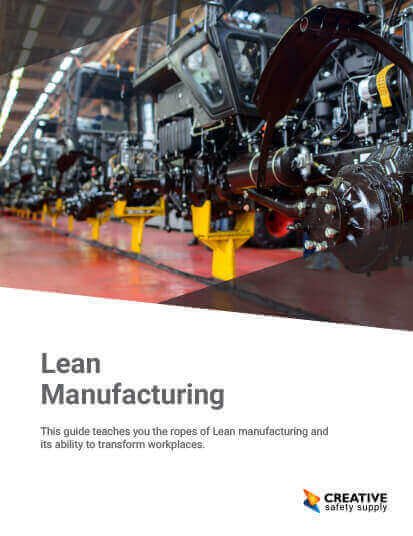
Lean principles have been growing in popularity within the construction industry as more and more jobsites are incorporating Lean techniques into traditional methods of construction. Although projects in construction are known to be unpredictable and likely to face a variety of disruptions to the workflow, construction companies are finding success by adopting Lean tools and establishing a Lean mindset among employees.
Lean Construction Principles
While one-off events may be beneficial, like a 5S cleanup or a Kaizen event, there are five basic principles of Lean construction that will ensure projects meet the customers expectations, are completed on time, and costs don’t exceed the budget. These principles are the core of Lean manufacturing, but as described below can be easily translated to the construction industry.
- Identify value: Probably the most important aspect for a project is understanding exactly what the customer wants, what they’re expecting, and what may not add value to them. Because the customer value will define how processes are set up, it’s important to identify this as soon as possible.
- Define the value stream: The next step is to begin establishing the processes that create value to the customer. Try using a value stream map to visualize the flow of work and materials while focusing where waste can be eliminated.
- Create work process flow: It’s important that the workflow on a project is even, uninterrupted, and continuous. This primarily relies on communication between laborers, project managers, the customer, and other involved parties.
- Use “pull” planning: In manufacturing, a pull system means production doesn’t begin until a customer places an order. On a construction site however, a pull system could be something as simple as construction on frames aren’t started until the footings have been set. This will help communication, even workflows, and avoid the waste of waiting.
- Continuous improvement: The philosophy of Lean is all about Kaizen, or continuous improvement. It’s particularly important on jobsites with a variety of different roles that everyone feels comfortable in making improvement suggestions—the idea is that small changes over time will lead to major improvement.
Similar Questions
- What is the difference between JIT, Lean, and TPS?
- What does Lean Manufacturing consist of?
- What is the Lean methodology?
- What is the goal of Lean?
- What is the Lean manufacturing process?
- What is Lean engineering?
- Is Lean Six Sigma useful?
- How can Lean affect the supply chain?
- What are Lean terms?

